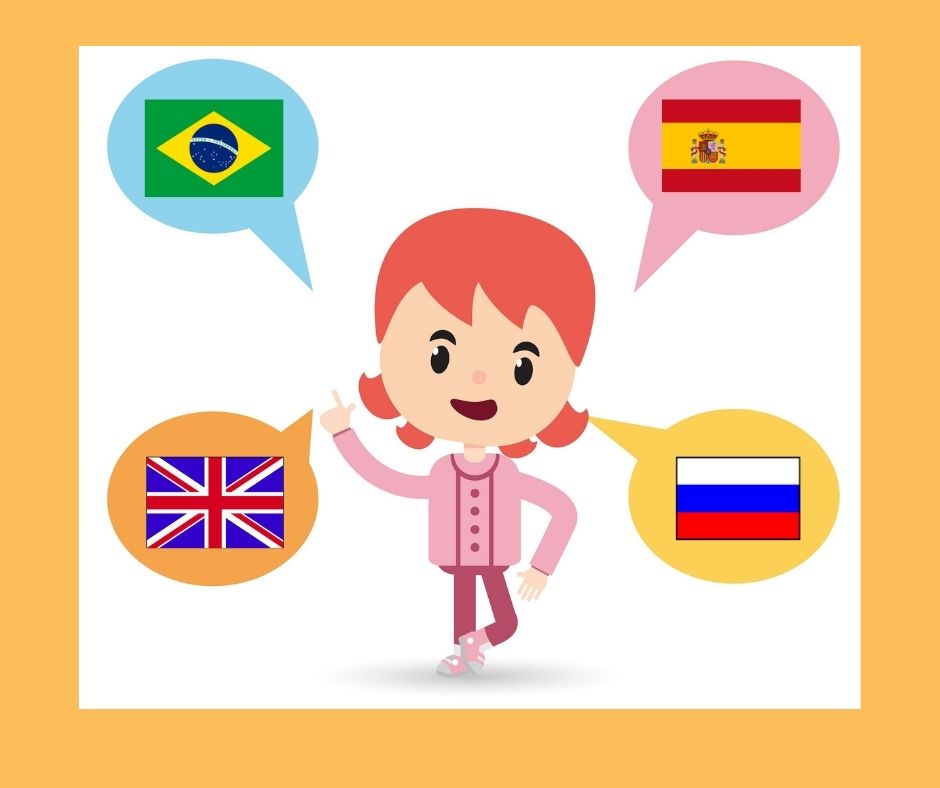Translation of the interview with Anne Christophe, researcher at the CNRS, Ecole Normale Supérieure.
When we study language development in monolingual and bilingual children, we see that everything happens at exactly the same pace. Whether it’s understanding the first words, producing the first words, pronouncing the first sentences, everything is at exactly the same age in monolingual and bilingual children.
So, of course, when you look at an individual child you can’t know exactly at what age they’re going to do all these things because there’s a lot of variability between children. This variability is largely familial, that is, if the parents talk late, chances are that the children will talk late too. Obviously, when you take one child, if that child speaks late because he was born into a family where people speak late, and that child is bilingual, you tend to say, “Maybe it’s because he’s bilingual that he speaks late. »
Not at all. In fact, bilingualism has nothing to do with the age at which you start speaking.
The second question we can ask ourselves is that of vocabulary. One might get the impression that a bilingual child, to the extent that he or she learns words in both languages, perhaps knows fewer words than a monolingual child. When we look at what is happening, we see that this is not quite true. For example, if we take a bilingual child, between French and English, we look at the number of words he knows in French and the number of words he knows in English.
– If we look at the words he understands, we see that he understands as many words in French as a monolingual French child and as many words in English as a monolingual English child.
– On the other hand, when we look at the words he pronounces himself, we see a difference. He pronounces fewer words in French than a monolingual French child and the same for English.
– On the other hand, if we group the total vocabulary together, if we count the words in French and in English, then, typically, he knows more words than a monolingual child. So we still see, in total, an advantage.
The last question we can ask ourselves is: “Is there a cost for bilingual children to learn two languages at the same time? “One might think that for them it is extra work, and as they are working on their languages, perhaps they have less time to work on other aspects of their intellectual life. And in fact, that’s not true at all, you might even think it’s the other way around. So the bilingual child, as he is very used to choosing a specific word in one language, and not choosing the word in the other language for example, we think he will be better at tasks where he does need to show flexibility. That is to say, to dismiss an opportunity to choose another one.
So, all in all, bilingualism is a great benefit for children.
Thanks to Anne Christophe, chercheur au CNRS, Ecole Normale Supérieure

